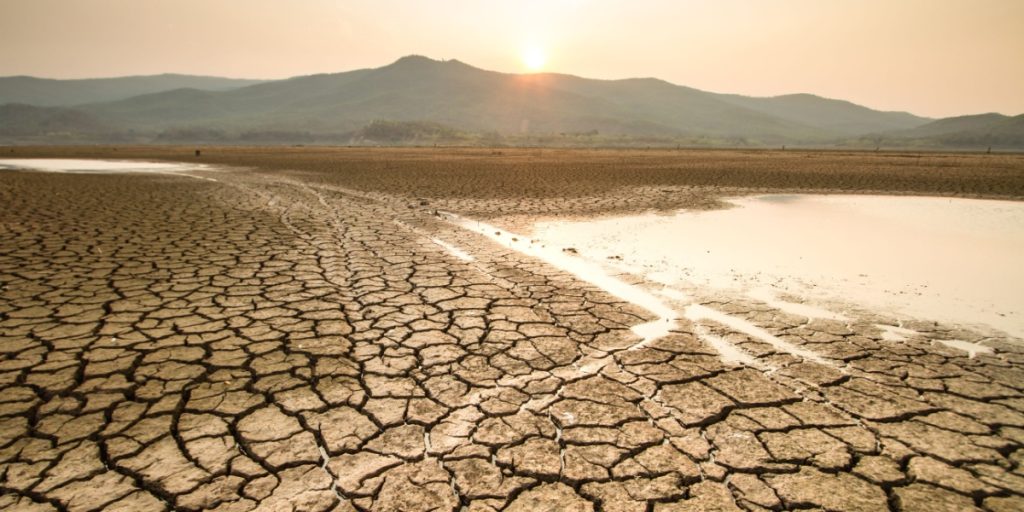A report by the World Meteorological Organization states that 2023 was the hottest year ever recorded.
Others are reading now
The World Meteorological Organization (WMO), a branch of the United Nations, has declared 2023 as the hottest year on record.
“Climate change is about much more than temperatures. What we witnessed in 2023, especially with the unprecedented ocean warmth, glacier retreat and Antarctic sea ice loss, is cause for particular concern,” stated WMO Secretary-General Celeste Saulo during a UN press conference.
The WMO’s State of the Global Climate 2023 report shows that heat waves, floods, droughts, wildfires, and rapidly intensifying tropical cyclones caused misery and mayhem, disrupting lives for millions and resulting in billions of dollars in economic losses.
The Warmest Decade Ever
The WMO report confirmed that 2023 was the warmest year on record, with the global average near-surface temperature reaching 1.45°C (with a margin of uncertainty of ± 0.12°C) above the pre-industrial baseline.
Also read
It was also the warmest 10-year period on record.
“Never have we been so close – albeit on a temporary basis at the moment – to the 1.5C lower limit of the Paris Agreement on climate change,” Saulo remarked. “The WMO community is sounding the Red Alert to the world.”
The report found that each month from June to December 2023 witnessed record temperatures, with September experiencing the most significant rise of approximately 0.46-0.54°C.
Ocean and Ice at the Forefront
Marine heatwaves affected nearly a third of the global ocean on any given day in 2023, damaging essential ecosystems and food systems. By the end of the year, over 90% of the ocean had experienced heatwave conditions at some point.
Preliminary data indicated that the global reference glaciers witnessed their most significant ice loss on record since 1950, exacerbated by extreme melting in both western North America and Europe.
The extent of Antarctic sea ice was the lowest ever recorded, with the maximum extent at the end of winter being 1 million square kilometers less than the previous record year, an area equivalent to the combined size of France and Germany.
The Growing Food Insecurity Crisis
Saulo highlighted, “the climate crisis is the defining challenge that humanity faces and is closely intertwined with the inequality crisis—as witnessed by growing food insecurity, population displacement and biodiversity loss,”
The number of acutely food-insecure individuals worldwide more than doubled from 149 million before the COVID-19 pandemic to 333 million in 2023, as reported by the WMO, referencing data from 78 countries monitored by the World Food Program.
While weather and climate extremes are not the sole causes, they exacerbate existing challenges, further endangering the most vulnerable populations by undermining resilience and creating new protection risks.
Renewable Energy: A Beacon of Hope
The report pointed to a glimmer of hope in renewable energy generation, powered by solar radiation, wind, and the water cycle, positioning itself as a key element in climate action with the potential to meet decarbonization targets.
In 2023, the addition of renewable capacity increased by almost 50% from the previous year, reaching a total of 510 gigawatts (GW)—the most significant growth observed in the last two decades, according to the WMO.


